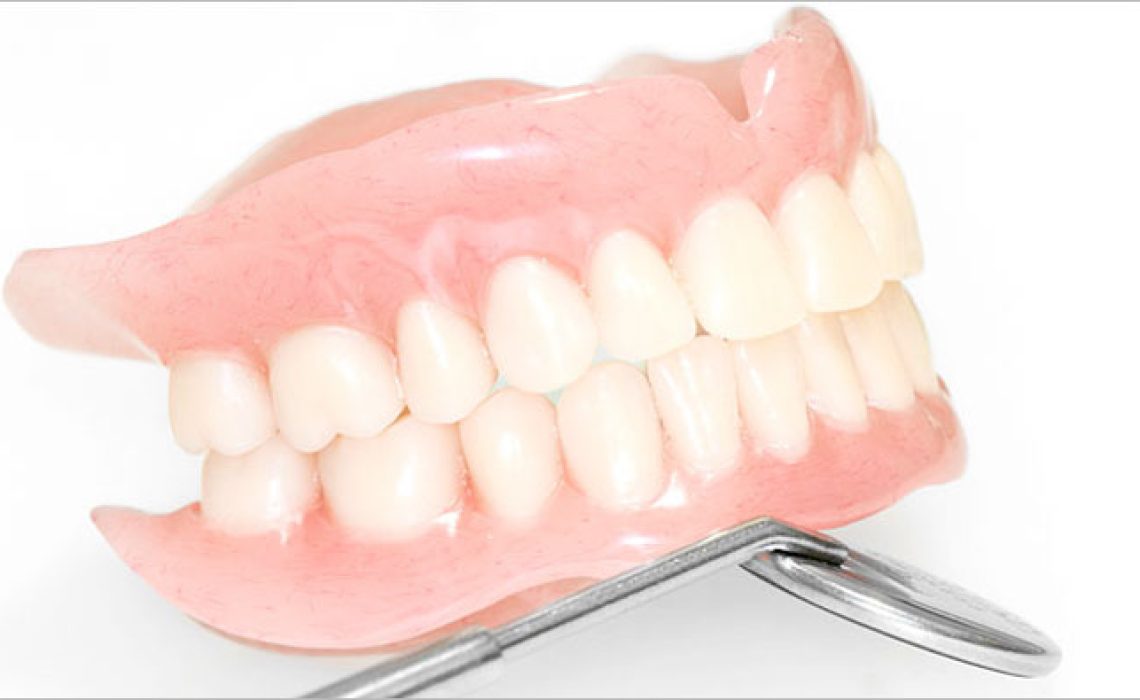Complete Dentures & Partial Dentures Offered By Milton Dentist
Dentures are considered as adjustable and detachable substitutes designed to imitate natural teeth in order to compensate for lost teeth. When your natural teeth become resistant to dental treatments, dentists typically need to remove a majority of them, and the resulting space is then occupied by dentures, providing a natural appearance to your teeth.
Issues Stemming from Missing Teeth
Being diagnosed with a serious dental issue that requires tooth extraction can have a considerable impact on your appearance. It’s well known that our teeth play a crucial role in maintaining the facial structure, so missing teeth can cause facial muscles to sag, making you look older. Additionally, it may lead to difficulties in pronouncing certain words correctly.
Furthermore, losing a tooth or multiple teeth can influence your ability to chew properly, which can significantly diminish your diet. This might affect the foods you eat, eating more solid foods in favor of liquids, potentially affecting your nutrient intake. Such liquid diets typically comprise fruits, nuts, and whole grain bread.
In the event that you have lost teeth, it is essential to invest in partial or complete dentures to compensate for the absence of teeth, enabling you to carry on with your daily activities without affecting your facial composition or nutritional requirements.
Dentures have long been the go-to solution for individuals experiencing tooth loss, providing a practical and aesthetically pleasing option for restoring one’s smile and functionality. As dental technology advances, patients in Milton are presented with a plethora of choices, making it crucial to understand the differences between the various types of dentures available. In this article, we will delve into the world of dentures, specifically comparing complete dentures and partial dentures, to help you make an informed decision about the best option for your unique dental needs.
Complete dentures in Milton, as the name suggests, are designed to replace an entire arch of missing teeth, whether it be the upper or lower jaw. These prosthetic devices are typically made from acrylic resin or porcelain and are custom-fitted to the patient’s mouth for optimal comfort and functionality. When all teeth are lost or require extraction due to extensive damage or decay, complete dentures become the most viable solution for restoring a patient’s ability to chew, speak, and smile with confidence.
On the other hand, Milton partial dentures are utilized when there are still healthy teeth remaining in the mouth, serving as a more conservative option to bridge the gap between the missing teeth. These devices are commonly made from a combination of acrylic and metal, which provides added strength and durability while still maintaining a natural appearance. Partial dentures are designed to clasp onto the adjacent healthy teeth, providing stability and support without compromising the integrity of the remaining teeth. By choosing partial dentures, patients can preserve their remaining healthy teeth and prevent further tooth loss by distributing biting forces evenly across the dental arch.
When it comes to choosing between complete dentures and partial dentures, several factors must be considered. First and foremost, the extent of tooth loss and the overall condition of the remaining teeth will heavily influence the decision. If a patient has lost all their teeth or if the remaining teeth are deemed unsalvageable, complete dentures will be the recommended option. However, if there are still healthy teeth present, partial dentures will be a more suitable choice, as they allow for the preservation of the remaining natural teeth.
Another aspect to think about is the cost associated with each type of denture. While both complete and partial dentures can be expensive, partial dentures tend to be more cost-effective due to the less extensive fabrication process and the ability to utilize existing healthy teeth for support.
The information provided is for general information purposes only and not intended to replace professional care. Please consult your physician or dentist for advice and diagnoses so you can be properly treated for your specific situation.


